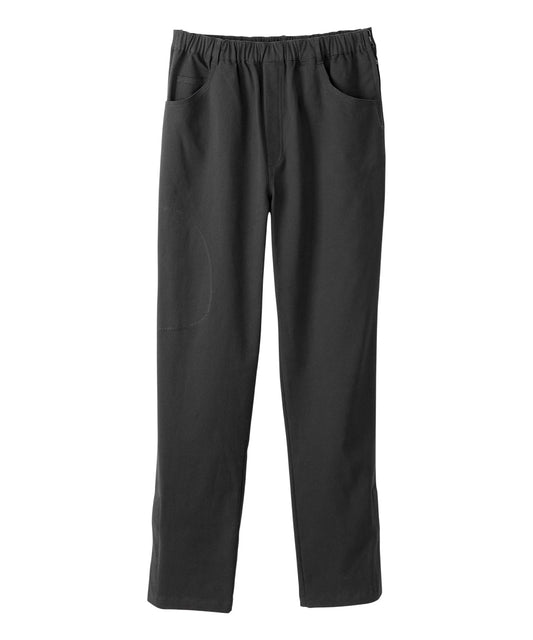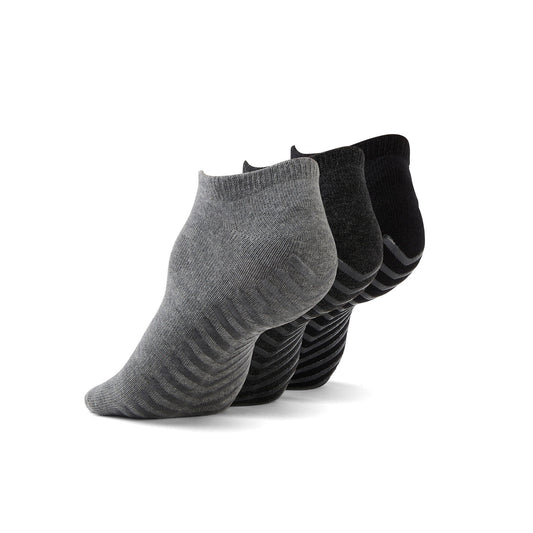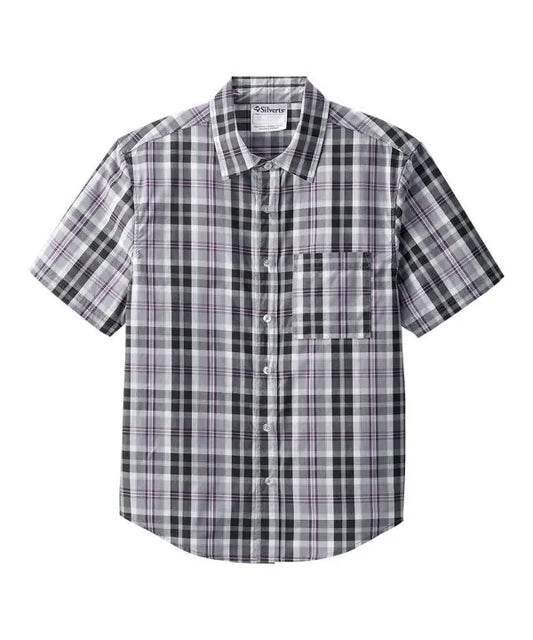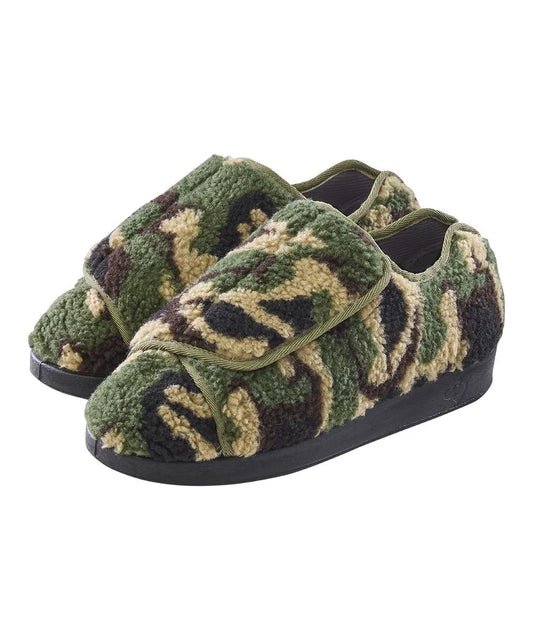Psychological wellness has turned into a basic subject of conversation and mindfulness as of late. The disgrace encompassing psychological instabilities is gradually disappearing, and society is beginning to comprehend the significance of offering help and facilities for people confronting emotional wellness challenges. One frequently disregarded part of this help is versatile clothing, a classification of clothing planned with highlights that takes care of the exceptional necessities of people with physical and psychological well-being conditions. In this exposition, we will dive into the significant effect versatile dress has on emotional wellness, underscoring its job in supporting confidence, advancing freedom, and encouraging a feeling of consideration and nobility.
Grasping Adaptive Clothing:
Adaptive clothing alludes to uniquely planned pieces of clothing that are made to make dressing and disrobing more straightforward for people with physical and mental impediments. These constraints can come from different sources, including, but not limited to, portability hindrances, ongoing agony, neurodiversity, and psychological well-being issues. Versatile attire frequently integrates elements such as velcro closures, magnetic buttons, and customizable belts, to wipe out the difficulties that conventional apparel can pose for those with special needs. June Adaptive has many items with magnetic closures. For example, they have a women’s cardigan with magnetic buttons. While versatile attire is principally intended to address actual difficulties, its importance stretches out to the domain of psychological wellness in various ways.
Helping Confidence:
Perhaps the most significant way versatile attire matters with regard to psychological wellness is its capacity to boost confidence. People confronting psychological wellness challenges frequently battle with insecurities and low self-esteem. The act of dressing oneself can be a day-to-day obstacle that compounds these sentiments. Customary dress might be challenging to control, causing dissatisfaction and a feeling of reliance on others for help. With its thoughtful design and ease of use, adaptive clothing lets people dress themselves independently, giving them a sense of accomplishment and raising their self-esteem.
Consider people with conditions like gloom or tension. These psychological well-being problems can prompt an absence of inspiration to take part in taking care of oneself, including dressing. Versatile apparel eliminates the intricacy of this ordinary assignment, making it not so overwhelming but rather more reachable. This can urge people to participate in taking care of themselves and exercising all the more reliably, adding to further developed psychological wellness results.
Besides, versatile clothing frequently arrives in different styles and varieties, permitting people to communicate their own preferences and inclinations. A person's sense of self-worth and identity are further enhanced when they are able to select outfits based on their individual style.
Promoting Independence:
Freedom is a principal human need and a critical factor in mental prosperity. Adaptive clothing plays a critical role in advancing freedom among people confronting emotional wellness challenges. Whether it's because of an emotional well-being issue or the effects of drugs, a few people might encounter mental debilitations that influence their independent direction and coordinated movements. Customary attire with perplexing clasps and fastens can represent a hindrance to free dressing, causing dissatisfaction and reliance on guardians or friends and family.
Versatile attire resolves this issue by improving the dressing system. Highlights like simple to-utilize zippers, magnets, and versatile belts lessen the mental burden expected for dressing, permitting people to keep up with their autonomy. For example, these shoes have a zipper to make them easy to wear. At the point when people can dress themselves with insignificant help, they recapture a feeling of command over their lives, which is especially significant for those battling psychological well-being conditions.
For people living with conditions like schizophrenia or bipolar disorder, versatile attire can be particularly essential. These circumstances might accompany times of mental hindrance or changed perspectives that make complex undertakings, for example, dressing, considerably more testing. Versatile dress acts as an emotionally supportive network, assisting people with keeping up with their respect and freedom during testing times.
Encouraging a Feeling of Incorporation and Pride:
Versatile dress likewise plays a significant role in cultivating a feeling of consideration and pride for people with psychological wellness conditions. It's fundamental to perceive that those with psychological wellness challenges frequently face separation and disgrace. Their extraordinary requirements can be ignored or misjudged by society at large. People with mental health conditions may experience a sense of alienation when they wear traditional clothing because of its emphasis on fashion and aesthetics.
Versatile apparel, then again, recognizes their exceptional necessities and difficulties. It sends a strong message that their solace and prosperity matter similarly to any other person's. Mental health can be significantly impacted by this sense of acceptance and inclusion. At the point when people feel seen and regarded, their confidence and mental prosperity go to the next level.
Additionally, the versatile dress is planned in view of solace. Numerous people with emotional well-being conditions experience tangible awareness, and the delicate, breathable textures utilized in versatile attire can assist with lightening distress. The absence of bothersome labels, creases, or tight-fitting dresses can lessen nervousness and trouble related to tactile awareness, adding to a general feeling of prosperity and pride. For example, these pants are soft, so they don’t feel uncomfortable on the skin.
Diminishing Pressure and Uneasiness:
Stress and tension are normal allies for people managing emotional well-being difficulties. Regular errands that others might underestimate, such as getting dressed, can become wellsprings of colossal pressure and uneasiness. These feelings can be made worse by traditional clothing, which has intricate closures and tight fittings.
By making dressing easier, adaptive clothing offers a solution. People can stay away from the disappointment of battling with buttons or zippers and, on second thought, center around taking care of themselves and dealing with their emotional well-being. This decrease in day-to-day stressors can prompt a huge improvement in general mental prosperity.
Moreover, adaptive clothing can help forestall or moderate tactile over-burden, a typical encounter for people with psychological wellness conditions, for example, chemical imbalances or tangible handling issues. The absence of bothersome components in adaptive clothing, like labels or harsh creases, can contribute to a more settled tactile experience, lessening uneasiness and pain.
Improving Solace and Prosperity:
Solace is a basic measure of emotional well-being. At the point when people are genuinely agreeable, it can decidedly influence their profound state. Versatile clothing succeeds in furnishing solace to people with psychological wellness challenges. The delicate, breathable materials utilized in versatile dresses assist with directing internal heat levels, diminishing the risk of overheating, which can set off uneasiness in certain people.
Notwithstanding actual solace, versatile dresses can likewise enhance profound solace. The knowledge that one is wearing clothing intended to take special care of their interesting requirements can give a feeling of safety and profound prosperity. This close-to-home solace can, thusly, lead to better emotional well-being results, as people feel more loose and quiet in their apparel.
Also, versatile dresses are frequently planned with flexible elements, permitting people to tweak the fit to their inclinations. This versatility guarantees that clothing isn't choking or awkward, which can be particularly significant for people with conditions like fibromyalgia, where clothing responsiveness is a typical side effect.
Conclusion:
All in all, versatile dress is a frequently disregarded but significantly effective part of psychological wellness support. It has the ability to support confidence, advance freedom, encourage a feeling of consideration and pride, decrease pressure and uneasiness, and improve, generally speaking, solace and prosperity for people confronting psychological wellness challenges. By perceiving the significance of versatile dress in psychological well-being care, we can move toward making a more comprehensive and steady society for all. It is vital to keep advancing attention to versatile apparel and upholding its openness to guarantee that nobody is abandoned in their excursion toward working on emotional wellness and prosperity.


















